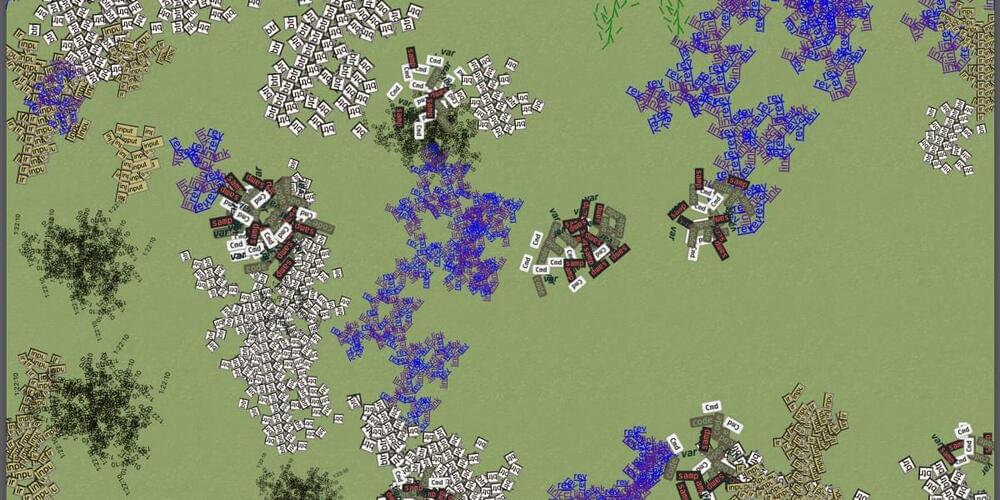Scattered across the web are communities of programmers working to revive this seemingly outdated approach. Anchored in the concept of “HTML Energy,” a term coined by artists Laurel Schwulst and Elliott Cost, the movement is anything but a superficial appeal to retro aesthetics. It focuses on the tactile process of coding in HTML, exploring how the language invites self-expression and empowers individuals to claim their share of the web. Taking shape in small Discord channels and digital magazines, among other spaces, the HTML Energy movement is about celebrating the human touch in digital experiences.
Today, the majority of the internet is optimized for social engagement, e-commerce, and streaming. Most internet traffic is concentrated in a small number of sites, all of which are owned by the same handful of companies. From lengthy ads to aggressive cookie settings, minor obstacles and nuisances are baked in. Users are constantly reminded that their access to the internet is conditional on the monetary interests of a few. The situation with X (formerly known as Twitter) perfectly encapsulates this state of internet ownership: it only took one executive to spark a mass exodus from the platform and to fragment its long-lived communities.
However, despite the monopolistic landscape of Big Tech, one fundamental reality continues to justify the internet’s democratic reputation: anyone can publish a website for free with HTML. With an abundance of real estate, the web technically has space for everyone. It’s just a matter of traffic.
